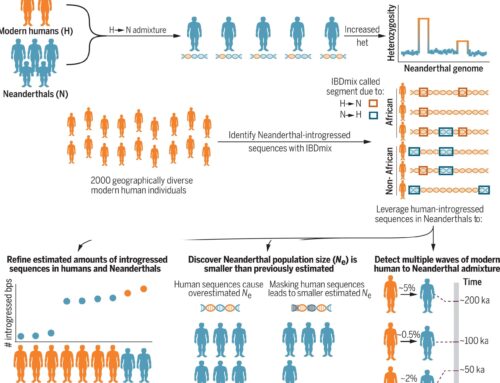Article courtesy of MedPageToday
Diets high in inflammatory foods were linked with global markers of brain aging and cerebral small vessel disease on MRI, a cross-sectional study showed.
Compared with anti-inflammatory diets, those considered pro-inflammatory on the Dietary Inflammatory Index (DII) were associated with smaller total brain volume (beta -0.16, P<0.0001) after adjusting for demographic, clinical, and lifestyle covariates, according to epidemiologist Debora Melo van Lent, PhD, a postdoctoral researcher at UT Health San Antonio in Texas, and co-authors.
Higher DII scores — indicating more pro-inflammatory foods — were also associated with smaller total gray matter volume (beta -0.08, P=0.003) and larger lateral ventricular volume (beta 0.04, P=0.03), the researchers reported in Alzheimer’s & Dementia. No associations were seen with other brain MRI measures.
“Systemic inflammatory processes in the body, including the brain, can be influenced by diet, leading to its important contributory role in brain aging,” the researchers observed.
“In our study we found evidence of an association between DII scores and global markers of brain volumes and vascular brain injury, which are early markers of dementia,” they wrote. “Moreover, previous studies have shown associations between the DII and risk factors of dementia. Our findings indicate potential for prevention by dietary modification.”
The DII index used in the study consisted of 31 dietary components including anti-inflammatory nutrients, pro-inflammatory nutrients, whole foods, and caffeine from food intake. Dietary components were categorized as:
- Anti-inflammatory: alcohol, beta carotene, caffeine, dietary fiber, folic acid, magnesium, thiamine, riboflavin, niacin, zinc, monounsaturated fat, polyunsaturated fat, omega-3 fat, omega-6 fat, selenium, vitamins B6, A, C, D, E, green/black tea, pepper, and garlic
- Pro-inflammatory: vitamin B12, iron, carbohydrates, cholesterol, total energy intake, protein, saturated fat, and total fat. In previous research, diets with high inflammatory potential had been tied to dementia or cognitive impairment, but there’s limited research about diet-driven inflammation and early MRI markers of neurodegeneration and vascular brain damage, Melo van Lent and co-authors said.”The relationship between the energy-adjusted DII and structural MRI outcomes of brain aging has been investigated only once in a small study sample; no significant relationships were found,” they wrote.Melo van Lent and colleagues studied 1,897 participants in the Framingham Heart Study Offspring cohort who completed food frequency questionnaires and underwent brain MRI scans. Food frequency questionnaire data were collected several times over a decade and DII scores were averaged over a mean period of 7 years.
Participants had an average baseline age of 62 years; about 54% were women and 23% carried an apolipoprotein E ε4 (APOE4) allele. People with prevalent dementia, stroke, or significant neurological disease were excluded.
The mean DII score was -0.26, indicating that diets in the group on average were anti-inflammatory relative to the global mean in the DII world database. Overall, higher DII scores were not associated with regional markers of brain aging, but some results differed by APOE4 status and sex. DII scores were associated with smaller hippocampal volume in people with no APOE 4 allele and with larger white-matter hyperintensity volume in men.
The most pro-inflammatory components of the Dietary Inflammatory Index — saturated fat, trans fats, and total energy intake — also contribute to worse vascular health when consumed in abundance, the researchers noted.
“Fortunately, replacement of saturated fats with other macronutrients, such as polyunsaturated fats (i.e., anti-inflammatory), has been related to a reduced risk for cardiovascular disease, offering a promising opportunity for reducing risk for dementia,” they wrote.
The analyses had several limitations, Melo van Lent and co-authors acknowledged. It relied on food frequency questionnaires, which are subject to measurement error and recall bias. In addition, the study population consisted of white individuals of European ancestry and results may not apply to other groups.
“Replication studies are needed across diverse populations,” they wrote. “In addition, research should investigate the impact of the DII across different subgroups at risk for dementia, including persons who are carriers/non-carriers of the apolipoprotein E ε4 gene, and men and women.”



